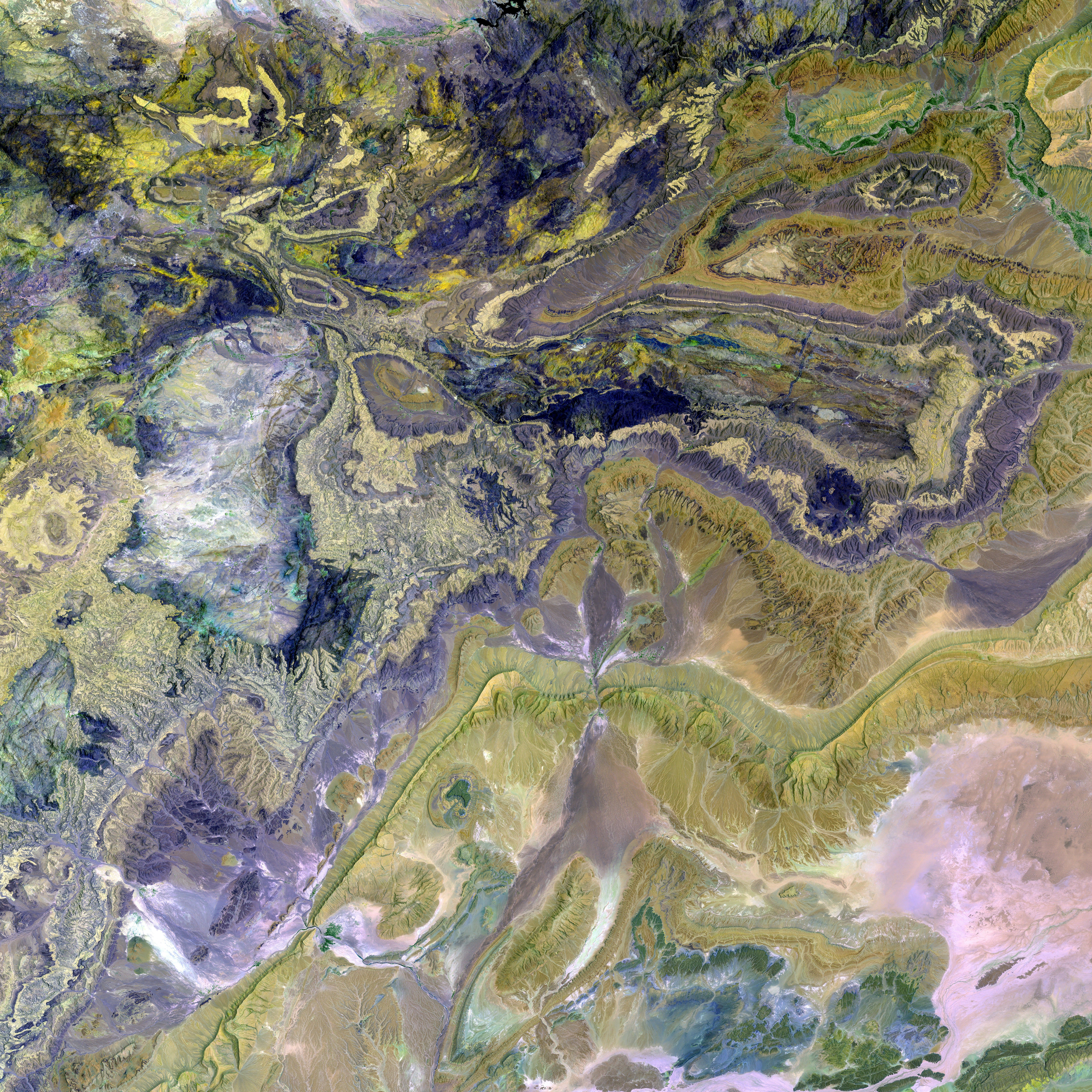World Press Freedom Ranking Places Taiwan at 24th Globally
Taiwan clocked in at 24th place in the 2025 World Press Freedom Index, moving up three spots from the previous year, while press freedom took a nose dive in most other countries. Taiwan secured the second spot in the Asia-Pacific region and the first in East Asia.
Aleksandra Bielakowska, the advocacy manager at Reporters Without Borders (RSF) Asia-Pacific Bureau, chalked up Taiwan's improvement to declines elsewhere, as its global score of 77.04 remained virtually unchanged from the previous year. She highlighted a significant increase in public trust in the media over the past five years, citing a Reuters Institute report that showed the metric at 33% last year compared to 24% in 2020.
However, Bielakowska raised concerns over the removal of a report by English-language public broadcaster TaiwanPlus that referred to then-US presidential candidate Donald Trump as a "convicted felon" in November 2024. She deemed it a "rare," but "deplorable and very worrying" incident, emphasizing the importance of public media's independence from the government.
In the face of government pressure, TaiwanPlus cited concerns over the report's objectivity as the main reason for its removal. Minister of Culture Li Yuan later admitted that the ensuing controversy was "very serious" and expressed his ministry's concerns to TaiwanPlus.
Bielakowska expressed her concerns over press freedom in Hong Kong, which dropped to 140th from 135th in the rankings, recording its lowest-ever global score of 39.86 this year. She observed that it is becoming increasingly difficult for Hong Kong journalists to continue working in an environment where they face ongoing government pressure and, in some cases, sedition charges for their reporting.
The latest rankings demonstrated that press freedom worldwide slipped into the "difficult" category – the second-lowest in the index's five-tier system – for the first time since it was launched in 2002. RSF attributed the deterioration to economic pressure media firms faced, which stemmed from ownership concentration, pressure from advertisers and financial backers, and limited or nontransparent public funding.
Norway emerged as the top contender in the index, followed by Estonia and the Netherlands. At the bottom of the list were China (178th), North Korea (179th), and Eritrea (180th and last). Overall, Taiwan demonstrates a strong commitment to press freedom due to its democratic governance and robust legal protections, while Hong Kong struggles under the weight of increased political control and legal actions against journalists.
- Reporters Without Borders Asia-Pacific Bureau's Aleksandra Bielakowska addressed the removal of a report from English-language public broadcaster TaiwanPlus, expressing concern over its impact on objectivity within public media in Taiwan.
- Bielakowska, in her concerns, also highlighted Hong Kong's declining press freedom, noting the difficulty for journalists to work in an environment where they face constant government pressure and, in some cases, potential sedition charges for their reporting.
- Despite Taiwan's advancement in the World Press Freedom Index, ranking 24th globally and first in East Asia, the mandate for objectivity in general-news reporting remains crucial for maintaining press freedom, as demonstrated by the removal of the TaiwanPlus report.








